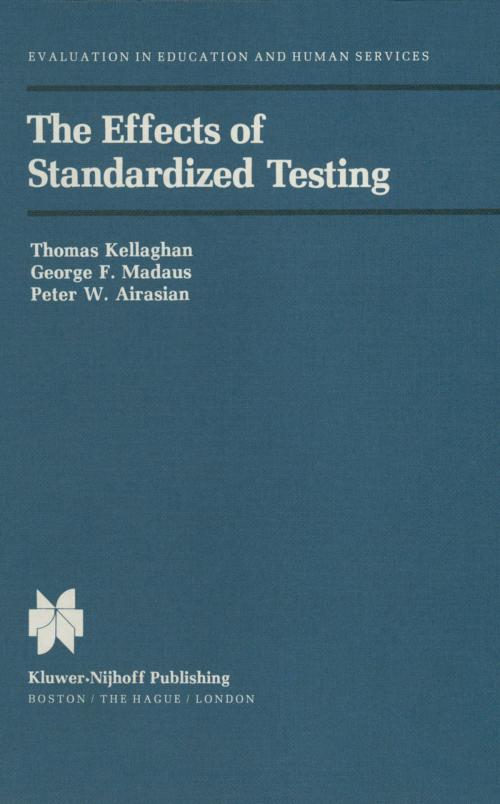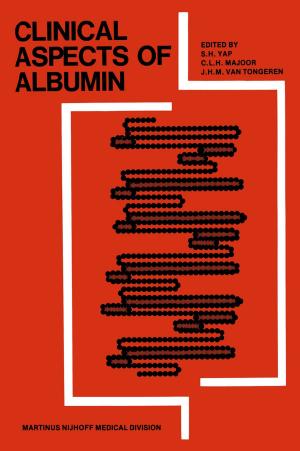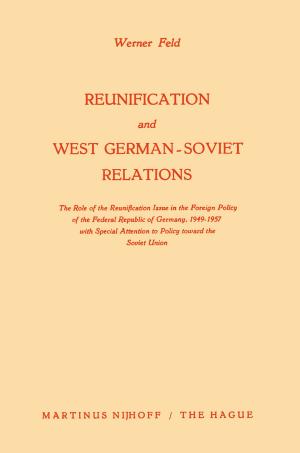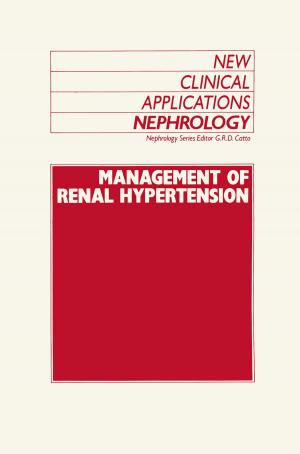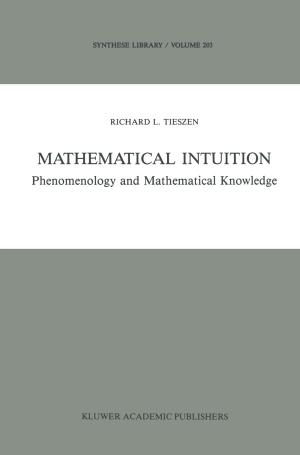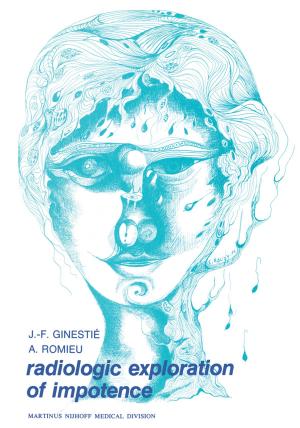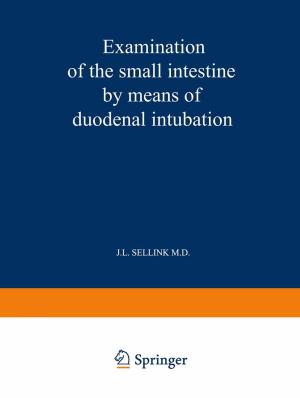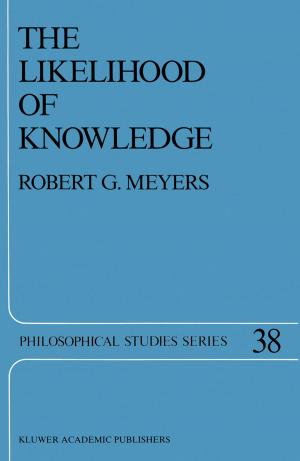The Effects of Standardized Testing
Nonfiction, Reference & Language, Education & Teaching, Educational Theory, Evaluation, Testing & Measurement| Author: | T. Kelleghan, George F. Madaus, P.W. Airasian | ISBN: | 9789400973862 |
| Publisher: | Springer Netherlands | Publication: | December 6, 2012 |
| Imprint: | Springer | Language: | English |
| Author: | T. Kelleghan, George F. Madaus, P.W. Airasian |
| ISBN: | 9789400973862 |
| Publisher: | Springer Netherlands |
| Publication: | December 6, 2012 |
| Imprint: | Springer |
| Language: | English |
When George Bernard Shaw wrote his play, Pygmalion, he could hardly have foreseen the use of the concept of the self-fulfilling prophecy in debates about standardized testing in schools. Still less could he have foreseen that the validity of the concept would be examined many years later in Irish schools. While the primary purpose of the experimental study reported in this book was not to investigate the Pygmalion effect, it is inconceivable that a study of the effects of standardized testing, conceived in the 1960s and planned and executed in the 1970s, would not have been influenced by thinking about teachers' expectations and the influence of test information on the formation of those expectations. While our study did pay special attention to teacher expectations, its scope was much wider. It was planned and carried out in a much broader framework, one in which we set out to examine the impact of a standardized testing program, not just on teachers, but also on school practices, students, and students' parents.
When George Bernard Shaw wrote his play, Pygmalion, he could hardly have foreseen the use of the concept of the self-fulfilling prophecy in debates about standardized testing in schools. Still less could he have foreseen that the validity of the concept would be examined many years later in Irish schools. While the primary purpose of the experimental study reported in this book was not to investigate the Pygmalion effect, it is inconceivable that a study of the effects of standardized testing, conceived in the 1960s and planned and executed in the 1970s, would not have been influenced by thinking about teachers' expectations and the influence of test information on the formation of those expectations. While our study did pay special attention to teacher expectations, its scope was much wider. It was planned and carried out in a much broader framework, one in which we set out to examine the impact of a standardized testing program, not just on teachers, but also on school practices, students, and students' parents.
